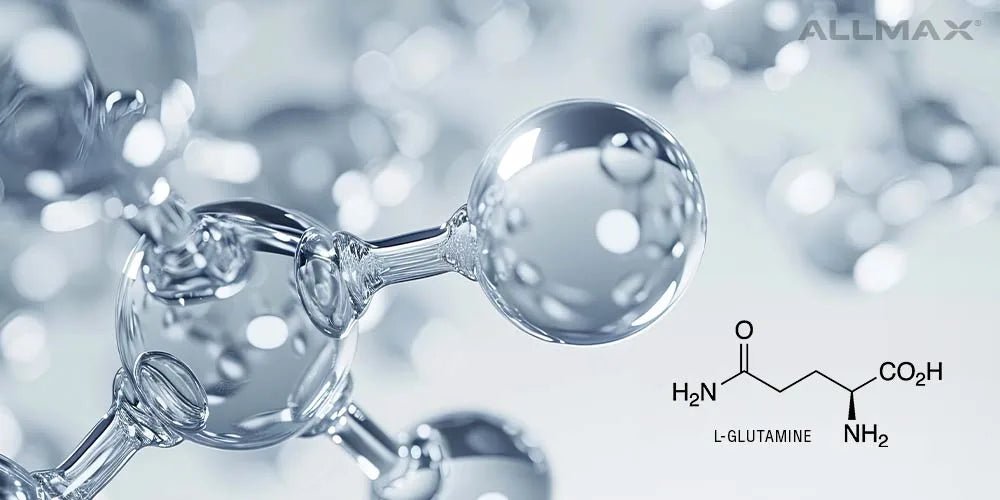L-Carnitine is a naturally occurring compound that plays a crucial role in energy production by transporting fatty acids into the mitochondria, where they are oxidized to produce energy. This process is vital for various bodily functions and is particularly important during physical activity.
Understanding the benefits, mechanisms, and potential side effects of L-Carnitine can help individuals make informed decisions about its supplementation.
What is L-Carnitine?
L-Carnitine is a natural compound made from amino acids in your body. It’s mostly found in muscles, especially in the heart and skeletal muscles, where it helps burn fat for energy. Only one form of carnitine, called L-Carnitine, is active and safe for your body. It helps move fat molecules into your cells’ powerhouses (mitochondria), so they can be burned for fuel.
What does L-Carnitine do?

L‑Carnitine’s primary role is to transport long-chain fatty acids into the mitochondria, where they are converted into energy. This process becomes important during training or intense physical activity. Beyond fat metabolism, L‑Carnitine offers several additional benefits:
Supports metabolic flexibility – Helps stabilize key molecules involved in switching between carbohydrate and fat utilization based on energy demands
Clears metabolic byproducts – Assists in removing fatty acid waste that can accumulate during exercise
Enhances energy efficiency – Aids the body in adapting fuel usage depending on workout intensity
Protects against oxidative stress – Helps defend cells from exercise-induced damage by neutralizing free radicals
Products Contain L-Carnitine
Benefits of L-Carnitine

For athletes, L‑Carnitine offers several performance and recovery benefits:
Enhanced fat burning – Promotes the use of fat as a fuel source, supporting fat loss and energy efficiency
Improved endurance – Helps delay fatigue, allowing for longer, more intense training sessions
Faster recovery – Reduces muscle soreness and exercise-induced damage to support quicker recovery
Heart and brain support – Improves circulation and may help protect brain cells from oxidative stress
Many athletes get L‑Carnitine through supplements like ACuts Amino Energy Drink or MUSCLEAA XTREME, which combine L‑Carnitine with other ingredients to support energy, focus, and muscle growth. For those who prefer a more targeted approach, pure forms such as L‑Carnitine Capsules or L‑Carnitine Liquid are also available.
Side Effects of L-Carnitine
L‑Carnitine is generally safe for most people, but some individuals may experience mild side effects, including:
Mild nausea or stomach discomfort
Diarrhea (rare)
A fishy body odor
If you have health concerns, talk to a doctor before starting supplementation.
References:
Oliveira, C., & Sousa, M. (2019). The effects of L-carnitine supplementation in athletic performance. Science & Sports, 34(2), 63-72.
https://www.sciencedirect.com/science/article/abs/pii/S0765159718303290




